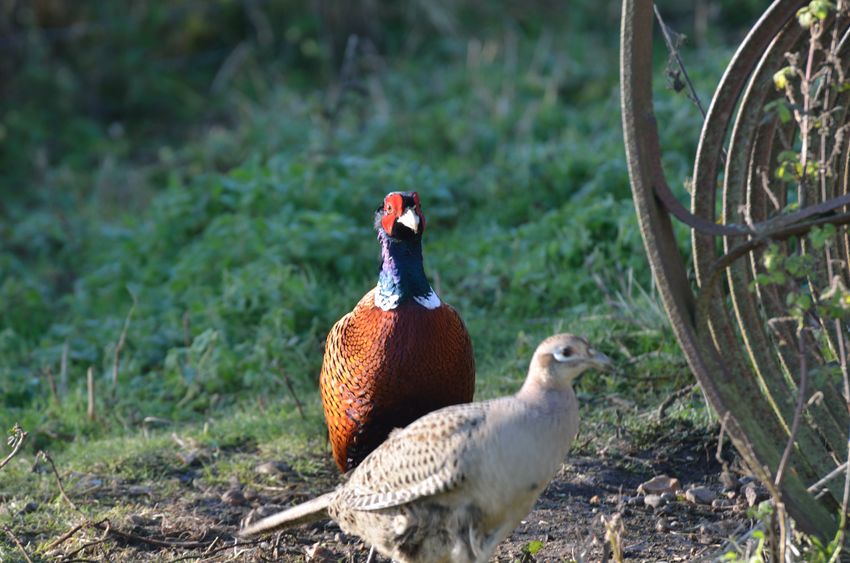
Avian influenza has been confirmed in pheasants on a premises on Anglesey, the Welsh government has confirmed.
The discovery of bird flu subtype H5N8 is the first confirmation of the disease in Wales in the winter of 2020/21.
A temporary control zone (TCZ) has been imposed around the infected premises to limit the risk of the disease spreading.
Further laboratory results to determine if virus is a highly pathogenic type are expected in the next 48 hours.
If so, the TCZ will be replaced by 3 km protection and 10 km surveillance zones, the Welsh government explained.
It added that mortality of birds on the premises was 'high', and all those surviving in the affected group would be culled immediately.
Christianne Glossop, the Chief Veterinary Officer for Wales said: “This case of avian influenza in pheasants on Anglesey serves to reinforce the need for all keepers of poultry and other captive birds to practice the very highest levels of biosecurity.
“Even when birds are housed, there remains a risk of infection originating in wild birds, particularly waterfowl, entering sheds and buildings indirectly.
"There must be a strict biosecurity barrier around housed poultry to prevent infection enering through machinery, feed, clothing and equipment.
“Bird keepers should remain vigilant for signs of disease and report any suspicions to their veterinary surgeon.”
The UK government has confirmed numerous cases of bird flu so far this season, prompting the roll out of mandatory housing measures across the country.
Public health advice is that the risk to human health from the virus is very low, and food standards bodies also advise it poses a very low food safety risk.
